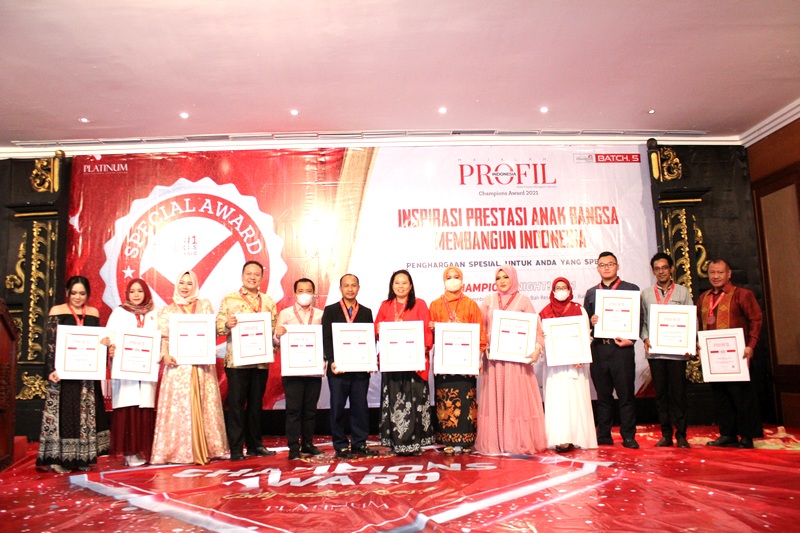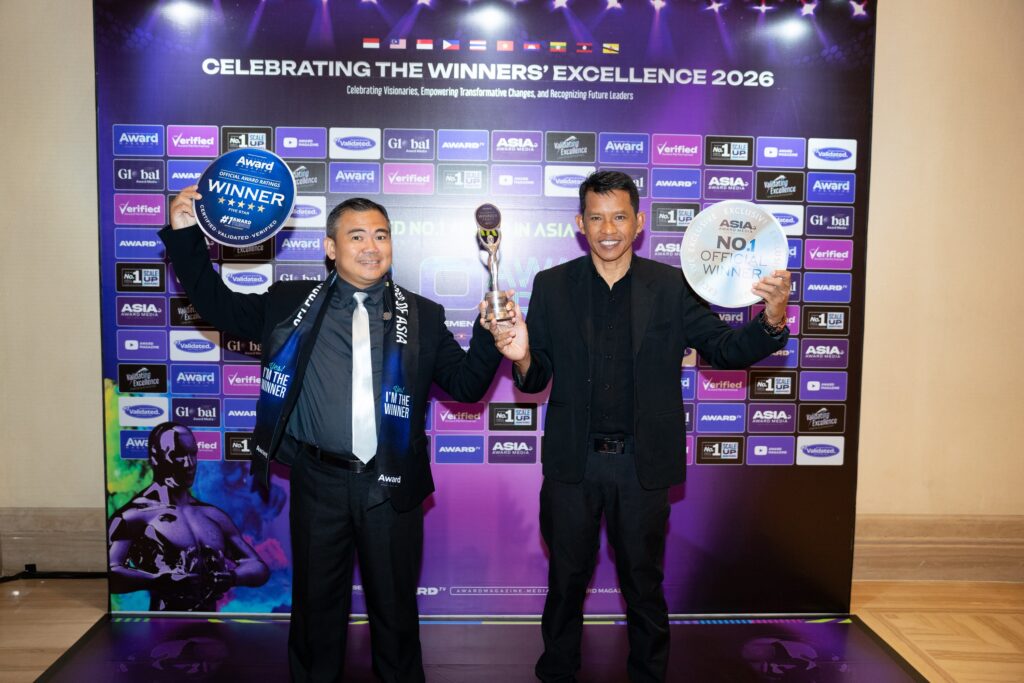International Expose – In a digital world shaped by visibility, likes, and self-promotion, a curious resistance is emerging. While personal branding is hailed as the modern key to professional success, a growing number of Gen Z individuals are choosing the opposite—silence, privacy, and low-profile living.
According to a recent trend observed across Southeast Asia, particularly among educated urban youth, there is a deliberate pushback against the “performative identity” encouraged by social media. Despite platforms like Instagram and LinkedIn becoming essential tools for self-presentation and career advancement, many young people are opting out—not because they lack ambition, but because they reject the invasive expectations of online exposure.
The low-profile digital citizen is not invisible—they’re selective. These individuals often maintain private accounts, avoid sharing achievements online, and prioritize direct, offline relationships over algorithm-driven networking. They believe in letting their work speak for itself—not their feed.
This resistance raises critical questions: Is the pressure to maintain a personal brand creating a false sense of identity? Are we witnessing the rise of a “silent rebellion” against the commodification of the self?
Critics of hyperpersonal branding argue that the digital space has evolved into a competitive arena, one where curated identities are no longer tools for expression but mechanisms of social comparison. Many young professionals report experiencing fatigue, anxiety, or impostor syndrome—fueled by the constant need to project success and relevance online.
Moreover, there’s a growing skepticism around authenticity. In a culture where branding is everything, even sincerity can look scripted. For some Gen Z individuals, staying low profile is a form of protest—a way to reclaim control over their narratives in an environment that rewards overexposure.
But the consequences of opting out are real. Those who remain silent online may risk being overlooked in the professional landscape, where visibility increasingly correlates with opportunity. Recruiters, collaborators, and clients often rely on digital impressions. Without a personal brand, do you even exist in the digital economy?
This conflict—between staying visible and staying true—is one of the defining tensions of our time. As the line between personal life and professional image blurs, young people are forced to navigate identity in ways that previous generations never had to.
Ultimately, the choice between personal branding and low profile is not just about preference—it’s about power, pressure, and protection. And in this age of data permanence and algorithmic memory, sometimes the bravest thing a young person can do is choose to remain unseen.






